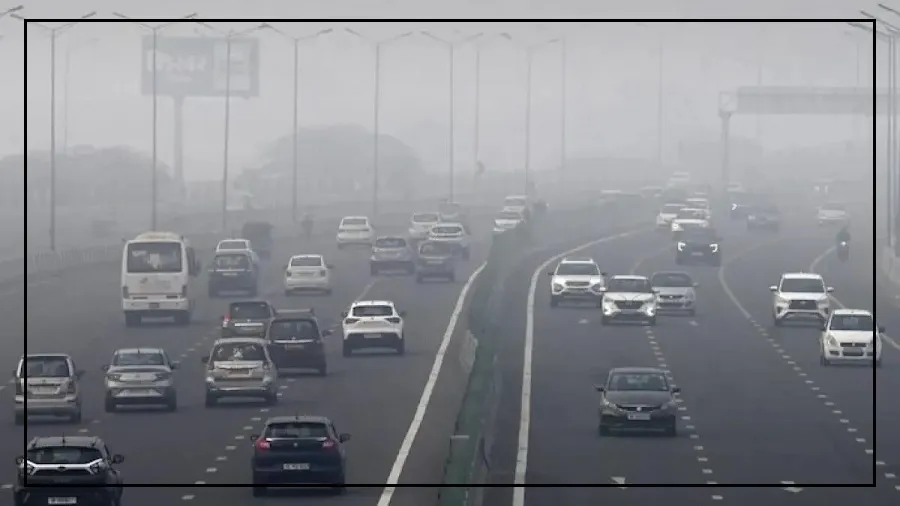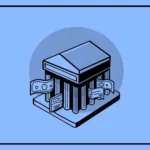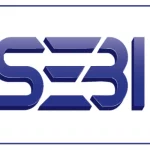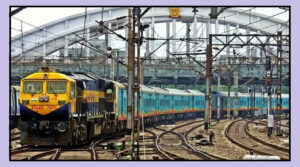The Delhi government has launched an ‘Innovation Challenge’ to tackle pollution caused by old diesel vehicles. From November 1, 2025, BS-IV diesel heavy vehicles will be banned in the capital.
In response, the government is looking for retrofit solutions to upgrade these vehicles to meet BS-VI standards. The Delhi Pollution Control Committee (DPCC) will organize and manage the challenge.
Challenge to Find Retrofit Solutions for Old Vehicles
Through this initiative, the government is inviting ideas and innovations that can help upgrade older heavy vehicles such as trucks and buses to meet newer emission standards. These ideas aim to reduce the level of air pollution from vehicle exhaust.
How the Innovation Challenge Works
The challenge will have multiple phases:
In the first round, promising ideas will be selected.
The selected entries will receive ₹5 lakh each and access to testing facilities to build a prototype.
In the final round, the prototypes will be tested at the National Physical Laboratory (NPL).
The best-performing solution will be awarded a ₹50 lakh prize.
Delhi Chief Minister Rekha Gupta emphasized that this challenge supports her vision to make Delhi clean and pollution-free using new ideas and innovations.
Purpose Behind the Initiative
Delhi’s Environment, Forest and Wildlife Minister, Manjinder Singh Sirsa, said the goal is to promote practical and effective innovations that help reduce emissions from older vehicles.
He explained that the government wants transport to become part of the solution to air pollution, rather than being the problem.
Technology to Be Installed on Buses and Trucks
Sirsa mentioned that devices will be installed on heavy vehicles like buses and trucks that can reduce emissions.
“We have decided to defeat Delhi’s pollution with science and technology,” he said. “We believe in innovation, and only innovation can eliminate pollution.”
He also noted that innovative solutions in India often struggle due to red tape, and the government is now working to change that.
Focus on Cost-Effective, Low-Maintenance Technology
The minister reviewed the current use of anti-smog guns and water sprinklers that help reduce particulate matter like PM 2.5 and PM 10. He said the government’s strategy is based on technology, speed, and seriousness.
“The aim is to support people who are working on affordable and clean mobility solutions,” Sirsa said.
The challenge will focus on low-cost, easy-to-maintain technologies that can cut PM 10 and PM 2.5 emissions by at least half compared to current levels.
























